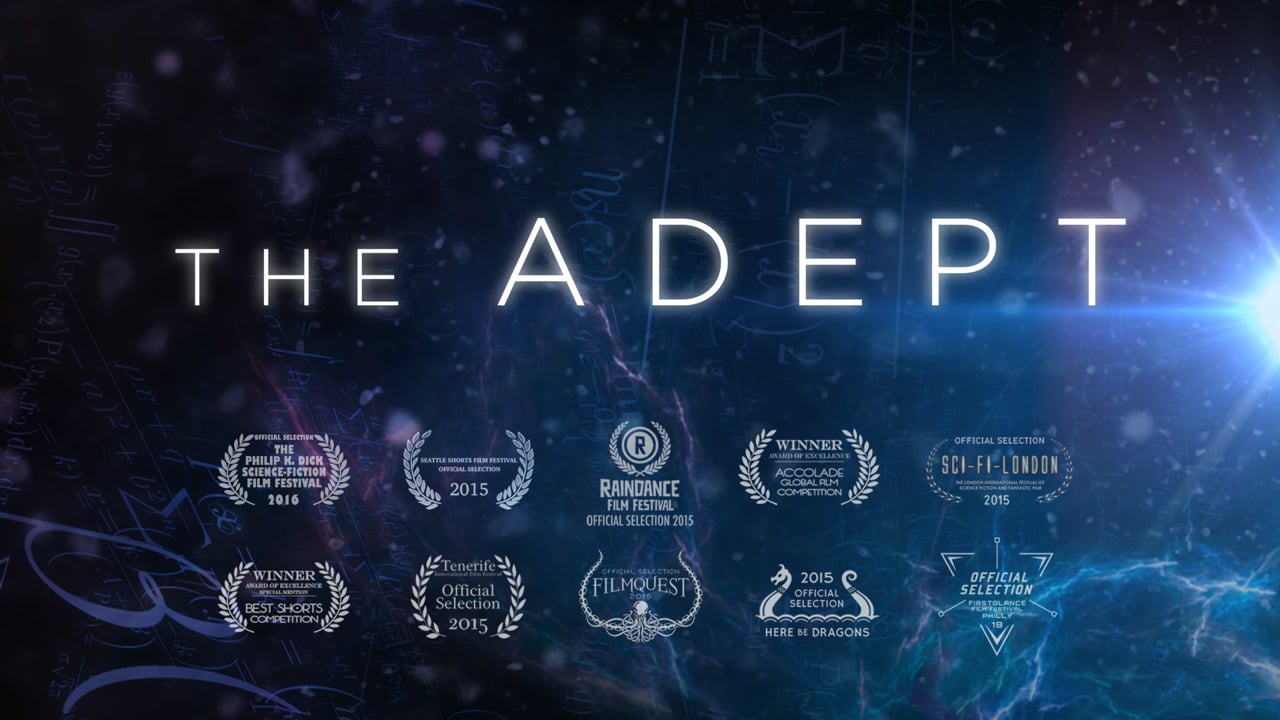
Plenty of SF lovers have complained over the years about the stultifying effect that franchise movies in general – and Star Wars in particular – may have had on the genre. And yet, with Rogue One attracting nearly as much critical acclaim as it has commercial success, there is some good news.
On the strength of this first stand-alone movie, it seems the Star Wars franchise may allow for a much wider and bolder range of story-telling than most people thought was possible.
Before I get to the most surprising thing about Rogue One, it’s time for the spoiler alert. If you haven’t seen the film, please do so before reading on – and I’ll see you at the start of the next paragraph.
SPOILER WARNING: Rogue One story revealed.
Here is the boldest thing about Rogue One: Everybody dies. Well, not Darth Vader, nor Grand Moff Tarkin, nor the various briefly-glimpsed fighter pilots of Red and Gold groups. But certainly all the new characters who have been emblazoned on the merchandising and rendered as action figures.
Appropriately enough for a story that takes place just before the events of the 1977 Star Wars, this ending is reminiscent of a time before that film changed cinema forever. Pre-Star Wars genre movies often had downbeat endings – and yet they could still succeed commercially. Take the five films of the original Planet of the Apes cycle, four of which have pretty bleak conclusions – including episode two, which finishes with the destruction of the Earth.
The exhilarating ending of the first Star Wars helped change things. Once audiences had enjoyed that kind of high, Hollywood wanted to keep delivering it – or at least get as near to that as possible.
Unlike some of those pre-Star Wars genre movies, the ending of Rogue One isn’t bleak and nihilistic. It allows its heroes to sacrifice themselves for their cause, so that the film closes on a note of hope. I can’t think of any SF movie of recent times that has dared to do the same thing. Maybe when a film is a sure-fire success anyway, you can afford to do a few unexpected things.

Rogue One succeeds because it manages to be notably different from the main Star Wars series while cleverly joining up to the original film. It doesn’t have the variety of tone that the 1977 film had, or draw on as wide a range of genres. Instead, it tells a darker story, where rebels endure very bad experiences and do unpalatable things.
When Disney announced in 2013 that it would be producing a raft of Star Wars spin-off films, alternating with entries in the main series, surely very few people would have imagined a film like this. These spin-off movies became known collectively as Star Wars Anthology movies, and Rogue One suggests this banner title may be appropriate. For the first time, it is possible to imagine Star Wars attracting SF writers and directors who do more than pay homage to the original series. It seems the Star Wars universe could be a place where film-makers tell a wide variety of interesting and compelling tales of their own.
Of course, it might not last. It may be that the anthology movies insist on dwelling upon The Young Boba Fett Chronicles or When Han Met Chewie. They may give in to the temptation to give every character a spin-off, filling in bits of back story we would rather imagine for ourselves. But if Rogue One is anything to go by, this particular franchise might be more interesting than anyone could reasonably have expected.










